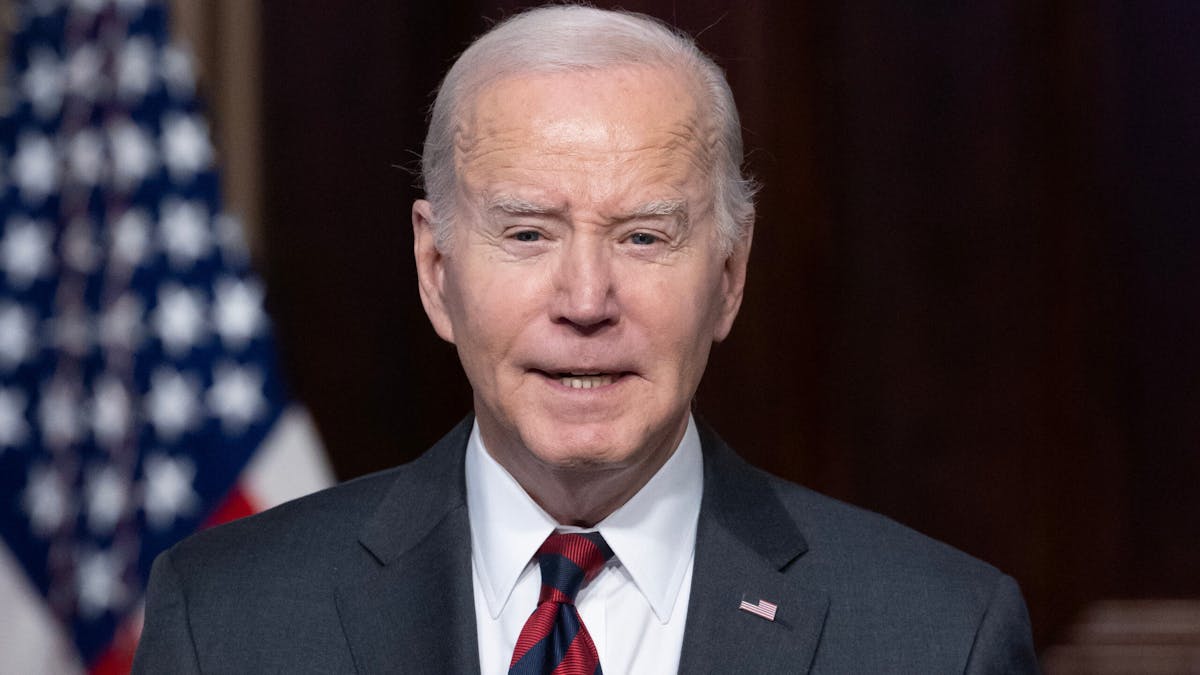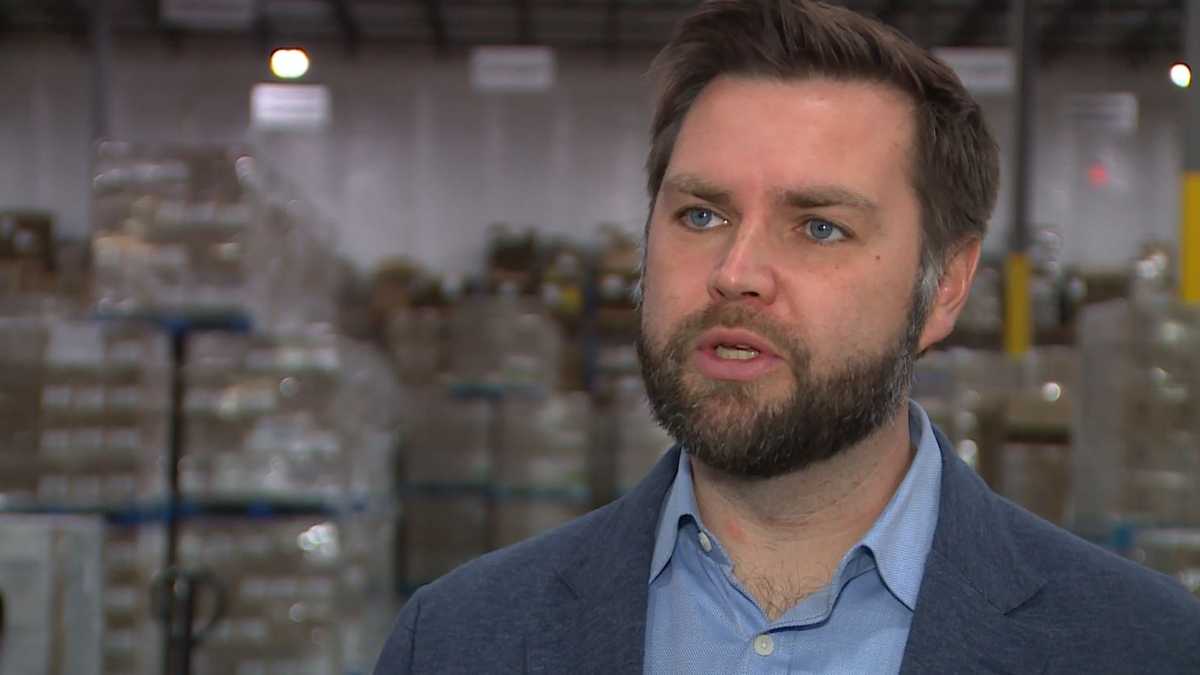EV Mandate Backlash: Car Dealers Intensify Opposition

Table of Contents
Economic Concerns Fueling Dealer Opposition
The transition to an EV-centric market presents substantial financial challenges for car dealerships, fueling much of the current opposition to government mandates. These economic concerns fall into two key areas: investment costs and inventory management.
Investment Costs and Showroom Upgrades
Dealers face substantial upfront costs to adapt their infrastructure for EV sales and servicing. This isn't merely about adding a few charging stations; it's a significant investment encompassing various aspects:
- High cost of installing EV charging stations: Installing fast chargers capable of supporting multiple EVs simultaneously requires significant capital investment and specialized electrical work.
- Need for specialized tools and training for EV repairs: EV repair differs significantly from gasoline vehicle maintenance, requiring specialized tools, training programs for technicians, and potentially new workshop facilities.
- Uncertainty about return on investment for EV infrastructure upgrades: Dealers face uncertainty about the return on investment (ROI) for these upgrades, particularly given the evolving nature of EV technology and potential fluctuations in demand.
- Potential for reduced profit margins on EVs compared to gasoline vehicles: Currently, the profit margins on EVs are often lower than those on gasoline-powered vehicles, impacting dealership profitability during the transition period. This is compounded by the increased investment costs.
Inventory Management Challenges
The transition to EVs also presents significant inventory management challenges. Accurately predicting demand for specific EV models, managing charging infrastructure needs for both the showroom and service departments, and dealing with potentially longer lead times on EV orders create logistical complexities:
- Difficulties in forecasting EV demand accurately: The market for EVs is still developing, making it difficult for dealers to accurately predict demand for specific models and trim levels.
- Storage and maintenance of EV batteries: EV batteries require specialized storage and maintenance procedures to ensure optimal performance and longevity, adding to operational costs.
- Increased risk of inventory obsolescence due to rapid technological advancements in the EV sector: The rapid pace of technological advancements in the EV sector increases the risk of inventory obsolescence, potentially leading to significant financial losses.
- Managing the transition from gasoline vehicle inventory to EV inventory: Effectively managing the transition from a predominantly gasoline vehicle inventory to an EV-heavy inventory requires careful planning and strategic resource allocation.
Concerns about Consumer Readiness and Market Adoption
While EV sales are increasing, significant consumer hesitancy remains, a concern amplified by the rapid pace of government-mandated transitions. This hesitancy, coupled with infrastructure gaps, forms a significant obstacle.
Consumer Demand and Charging Infrastructure Gaps
Many consumers remain hesitant to adopt EVs due to several factors, creating anxieties for dealerships reliant on consumer confidence:
- Lack of widespread public charging infrastructure: The lack of readily available and reliable public charging infrastructure, particularly in rural areas, contributes significantly to range anxiety.
- High initial purchase price of EVs compared to gasoline vehicles: The higher upfront cost of EVs compared to comparable gasoline-powered vehicles remains a significant barrier to entry for many consumers.
- Range anxiety and concerns about charging time: Concerns about limited driving range and the time required to charge EVs continue to deter potential buyers.
- Uncertainty about long-term maintenance costs of EVs: The long-term maintenance costs of EVs remain relatively unknown to many consumers, contributing to their hesitancy.
Impact on Rural and Underserved Communities
The transition to EVs presents unique challenges for rural and underserved communities, disproportionately impacting dealers serving those areas:
- Limited availability of electricity in rural areas: The electricity grid infrastructure in some rural areas may not be sufficient to support widespread EV adoption.
- Higher costs of installing home charging stations: Installing home charging stations can be significantly more expensive in rural areas due to factors such as distance from power lines.
- Reduced access to public charging infrastructure: Rural areas generally lack the density of public charging stations found in urban centers.
- Potential negative impact on rural dealerships: The challenges of EV adoption in rural areas could negatively impact the viability of dealerships serving these communities.
The Role of Government Support and Policy Adjustments
Dealers are not uniformly opposed to the shift to EVs, but they strongly advocate for a more balanced and realistic policy approach that addresses their economic and logistical concerns.
Need for Balanced Transition Strategies
A successful transition requires a collaborative effort between policymakers and the automotive industry. Dealers are calling for policy adjustments that include:
- Government subsidies to offset investment costs: Financial incentives can help offset the substantial upfront costs associated with upgrading dealership infrastructure for EV sales and service.
- Tax credits and incentives for EV adoption: Incentivizing consumers to purchase EVs can increase demand, making the transition more economically viable for dealerships.
- Investment in nationwide EV charging infrastructure: A robust and widespread public charging infrastructure is essential to alleviate range anxiety and encourage EV adoption.
- Phased-in approach to EV mandates, rather than abrupt changes: A gradual transition allows dealerships to adapt their businesses and manage the economic and logistical challenges more effectively.
Conclusion:
The intensifying opposition to EV mandates from car dealers highlights the need for a more nuanced approach to the electric vehicle transition. Addressing the economic concerns of dealerships, ensuring consumer readiness, and creating supportive policies are crucial for a successful and equitable shift towards electric mobility. The current backlash underscores the importance of collaborative efforts between policymakers and the automotive industry to mitigate the negative impacts and support a smoother transition. Ignoring this growing EV mandate backlash risks undermining the ultimate goal of widespread EV adoption. A collaborative approach that addresses dealer concerns and incorporates their expertise is vital for a successful transition to a sustainable future powered by electric vehicles. Let's work together to find solutions that address the EV mandate backlash and pave the way for a cleaner, more sustainable transportation future.

Featured Posts
-
 Erik And Lyle Menendez Resentencing A Real Possibility
May 15, 2025
Erik And Lyle Menendez Resentencing A Real Possibility
May 15, 2025 -
 6 000 Microsoft Employees Laid Off What We Know
May 15, 2025
6 000 Microsoft Employees Laid Off What We Know
May 15, 2025 -
 Nhl 25 This Weeks Arcade Mode Update
May 15, 2025
Nhl 25 This Weeks Arcade Mode Update
May 15, 2025 -
 Itb Berlin 2024 Kuzey Kibris Gastronomisi Duenyaya Aciliyor
May 15, 2025
Itb Berlin 2024 Kuzey Kibris Gastronomisi Duenyaya Aciliyor
May 15, 2025 -
 Dijital Veri Tabani Isguecue Piyasasi Rehberi Ledra Palace Ta Tanitim
May 15, 2025
Dijital Veri Tabani Isguecue Piyasasi Rehberi Ledra Palace Ta Tanitim
May 15, 2025
Latest Posts
-
 Watch The Full Joe And Jill Biden Interview On The View
May 15, 2025
Watch The Full Joe And Jill Biden Interview On The View
May 15, 2025 -
 Analyzing Jd Vances Response To Bidens Ukraine Policy Critique
May 15, 2025
Analyzing Jd Vances Response To Bidens Ukraine Policy Critique
May 15, 2025 -
 Joe And Jill Bidens The View Interview Watch Now
May 15, 2025
Joe And Jill Bidens The View Interview Watch Now
May 15, 2025 -
 Miss Joe And Jill Biden On The View Full Interview
May 15, 2025
Miss Joe And Jill Biden On The View Full Interview
May 15, 2025 -
 Bidens Ukraine Remarks Jd Vances Effective Counter Argument
May 15, 2025
Bidens Ukraine Remarks Jd Vances Effective Counter Argument
May 15, 2025
